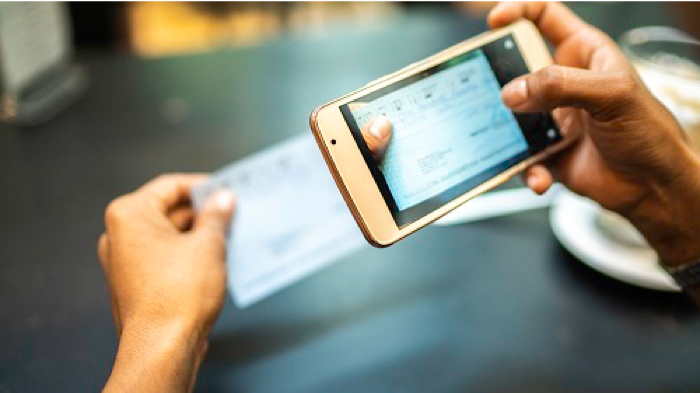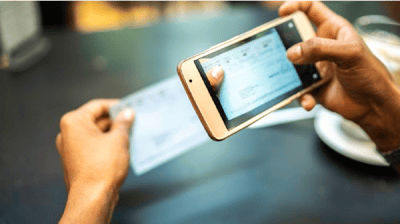Using Automatic Bill Pay
Do you ever feel like you’re spending too much time paying bills, juggling account passwords, and keeping track of due dates? If so, you can reclaim...
Manage your everyday finances with convenient accounts, flexible cards, and personalized service designed to fit your life.
At First Federal Bank, we offer flexible mortgage solutions for almost any situation, helping you secure the right financing for your dream home.
Business banking offers secure financial management, streamlined transactions, credit options, and tools to help businesses grow efficiently and sustainably.
2 min read
First Federal Bank : September 14, 2022 10:00:00 AM EDT

 Online and mobile banking makes moving money, paying bills, and managing your financial well-being easier and more convenient. It’s certainly not without its risks, however, especially when it comes to identity theft and fraud. Is there a safer way to access your information between your financial institution’s website or mobile app? That largely depends on you.
Online and mobile banking makes moving money, paying bills, and managing your financial well-being easier and more convenient. It’s certainly not without its risks, however, especially when it comes to identity theft and fraud. Is there a safer way to access your information between your financial institution’s website or mobile app? That largely depends on you.
Are apps or websites safer?
Put simply, there is no consensus choice when it comes to a safer option between mobile and online banking. Margarette Burnette, a senior writer with NerdWallet, asked three experts which is safer - using computers or smartphones. The responses were split, favoring either depending on circumstances.
Kyle Marchini, a fraud management expert, told Burnette it’s easier to download malware using a browser than it is with apps. However, it’s possible to unknowingly download a false version of your financial institution’s banking app through a platform like Google Play or the App Store. To avoid having this happen to you, Bankrate contributor Barbara Whelehan recommends downloading the app directly via your financial institution’s secure website.
Randal Wolverton, a certified public accountant, recommends against using smartphones for banking in public to avoid drawing the attention of potential thieves. This could also be said of using a laptop in a public setting like a coffee shop — it’s generally always advisable to not access financial information in view of possible prying eyes and especially not when connected to public Wi-Fi.
Cybersecurity expert and entrepreneur Jason Glassberg is decidedly more in the middle, saying either would be acceptable depending on where you are. Largely speaking, mobile and online banking are both subject to similar risks, which means it’s entirely possible to use either or both safely with proper precautions.
How to protect yourself
For the most part, safe banking online comes down to your diligence and awareness. If you aren’t being safe when it comes to security and privacy, it won’t matter which you use — you’ll find yourself at greater risk of trouble.
It cannot be overstated how important passwords are for online and mobile banking. Whelehan recommends only using a strong, difficult-to-predict password that makes use of numbers, upper and lowercase letters, and special characters. This password should also be unique to this account — using the same password on multiple websites and apps majorly increases your risk. Another step you can take to keep yourself safe is to change your password every 90 days or so, which makes it tougher for fraudsters to figure out your log-in credentials.
Another way to protect your account Wolverton recommends is to use two-factor authentication. When you enroll in this option, your financial institution may call or send a text or email whenever someone tries to access your account. This could also include submitting biometric information like using face ID or a fingerprint. You can also sign up for fraud alerts that notify you in the event of suspicious activity or increased fraud risk.
There are other steps you can and should take to secure your information, including avoiding unsecured public Wi-Fi, keeping your device’s security software up to date, and being aware of phishing scams and how to avoid them. By keeping yourself informed and controlling what you can, you’ll drastically lower your chances of being a victim whether you use an app or website.

Do you ever feel like you’re spending too much time paying bills, juggling account passwords, and keeping track of due dates? If so, you can reclaim...

Money management is a complicated subject even adults can experience trouble mastering. So, it’s understandable if the prospect of teaching your kids...

Banking online means you never have to wait in line or rush before the doors close for the night. Online banking never closes, so you can...
Manage your accounts, make payments, and more.
Open an account with us.